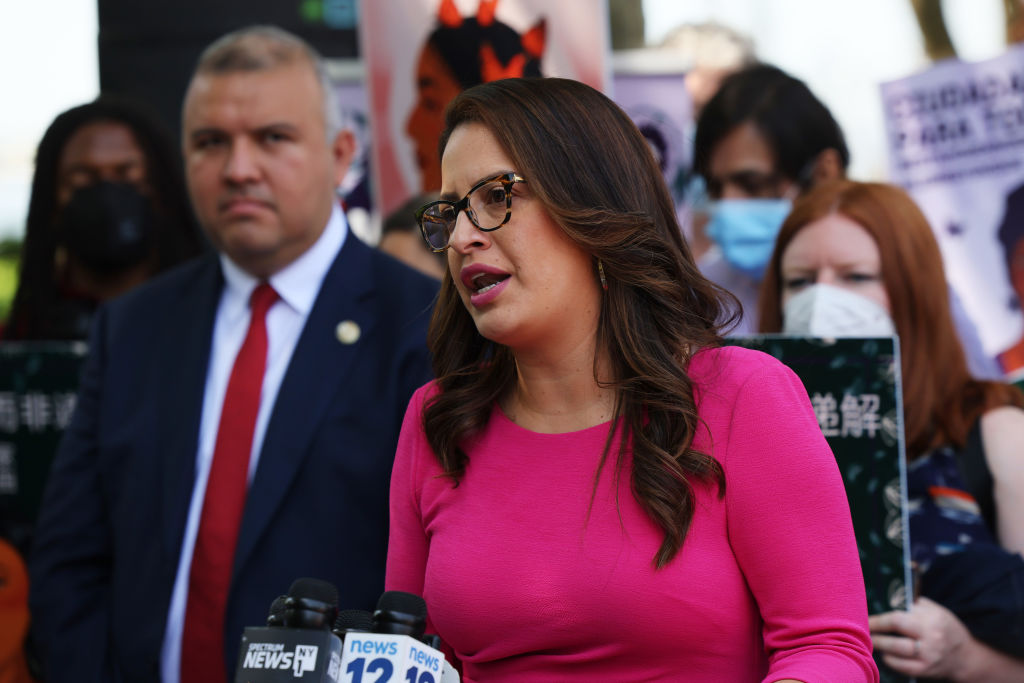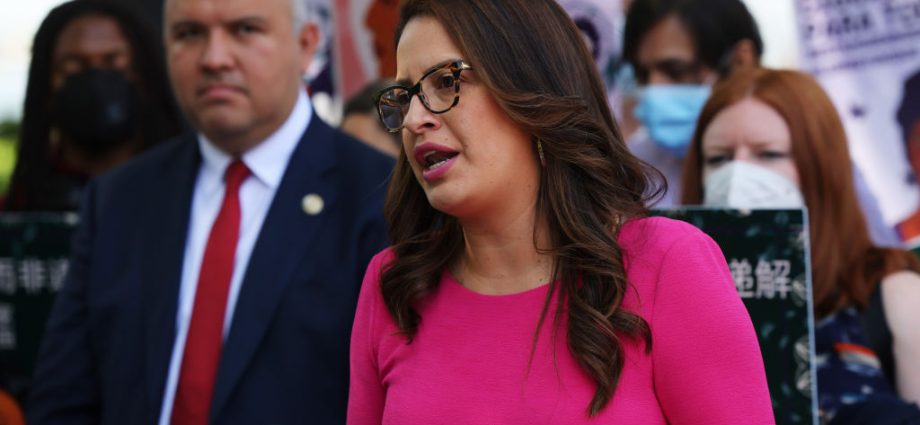
Source: Michael M. Santiago / Getty
Lawmakers in New York have introduced a new bill that will prohibit the use of rap lyrics in criminal trials as evidence by prosecutors – an issue recently highlighted across the nation.
In January of this year, New York State Senator Brad Hoylman-Sigal and Assemblymember Catalina Cruz brought forth S1738, known as the “Rap Music on Trial” bill. The goal of the bill is to prevent prosecutors in criminal trials from using lyrics from songs by the defendant in those trials as proof of guilt for the crimes they’re charged with. “Protecting artistic freedom and expression is paramount for our country, but in particular New York City, where we are the cultural capital of the world,” Hoylman-Sigal said to the press. “Rap music has been targeted by prosecutors, mainly because it would seem that there’s racial bias.”
The bill wouldn’t be isolated to only rap music, but the music genre has been the most targeted by prosecutors in cases across the country as social media has made sharing rap videos easier with a farther reach. An essay in the New York Times last year detailed the timeline for the increase of rap lyrics being used since 2005. The RICO case brought against Young Thug in Georgia is currently the most prominent example as lyrics from nine of his songs were cited in the indictment.
Governor Gavin Newsom of California signed the Decriminalizing Artistic Expression Act into law last September. Congressman Jamaal Bowman of New York and Hank Johnson of Georgia re-introduced the Restoring Artistic Protection, or RAP Act to the House of Representatives in April. That bill has not gone beyond a referral to the House Judiciary Committee.
An earlier version of New York’s state bill was introduced in 2021 with heavy support from artists including Jay-Z, Big Sean, and Meek Mill among others. But it didn’t advance to being passed in the Assembly. The hope is that the current bill will pass this current session, which ends on Thursday (June 8th). The state Senate did approve S1738 on May 15th, which Hoylman-Sigal said gives a “boost of confidence and momentum” that it will make it to Governor Kathy Hochul to be signed into law.
Source link

